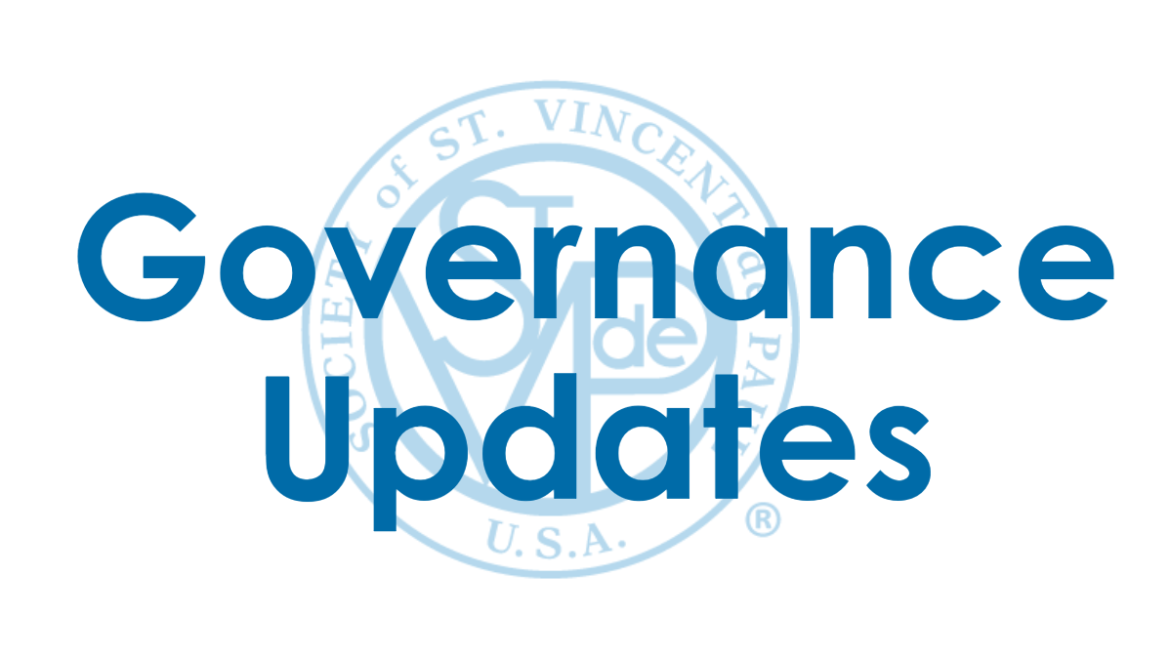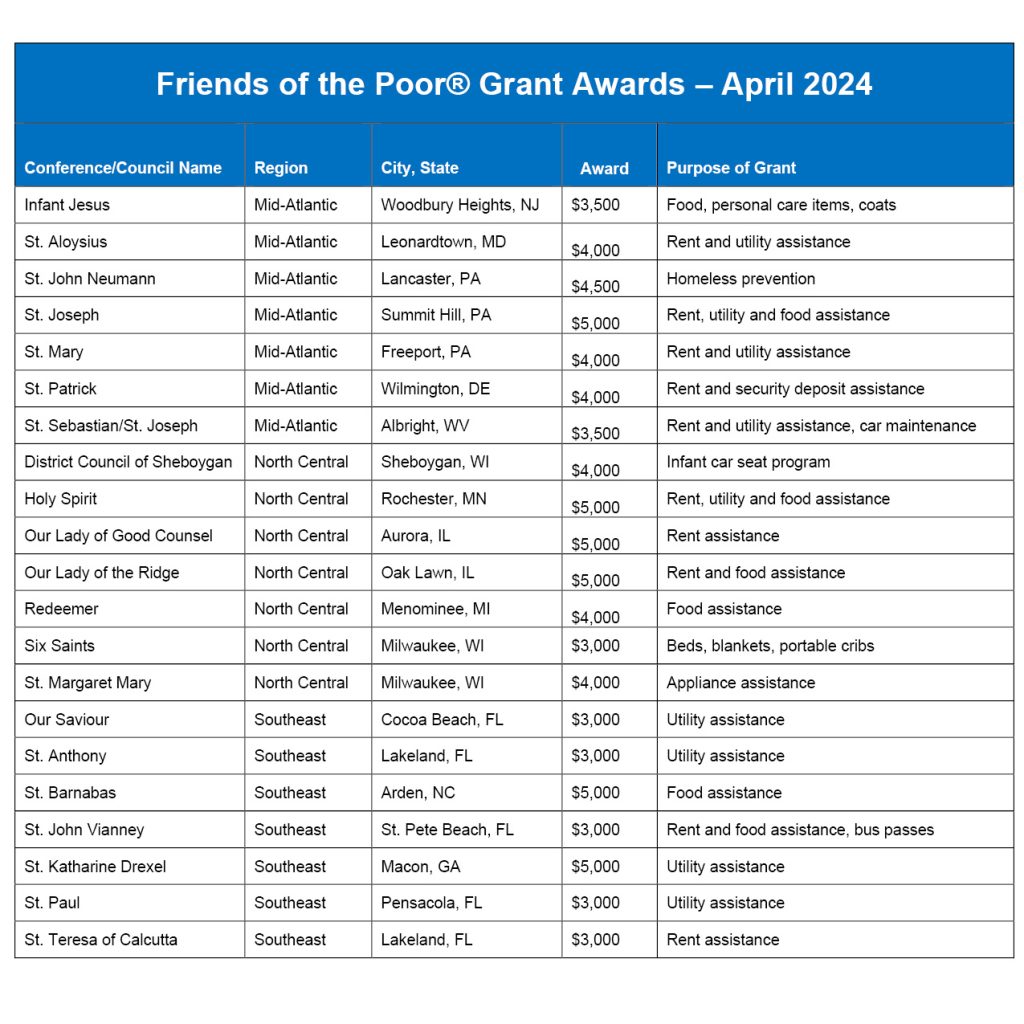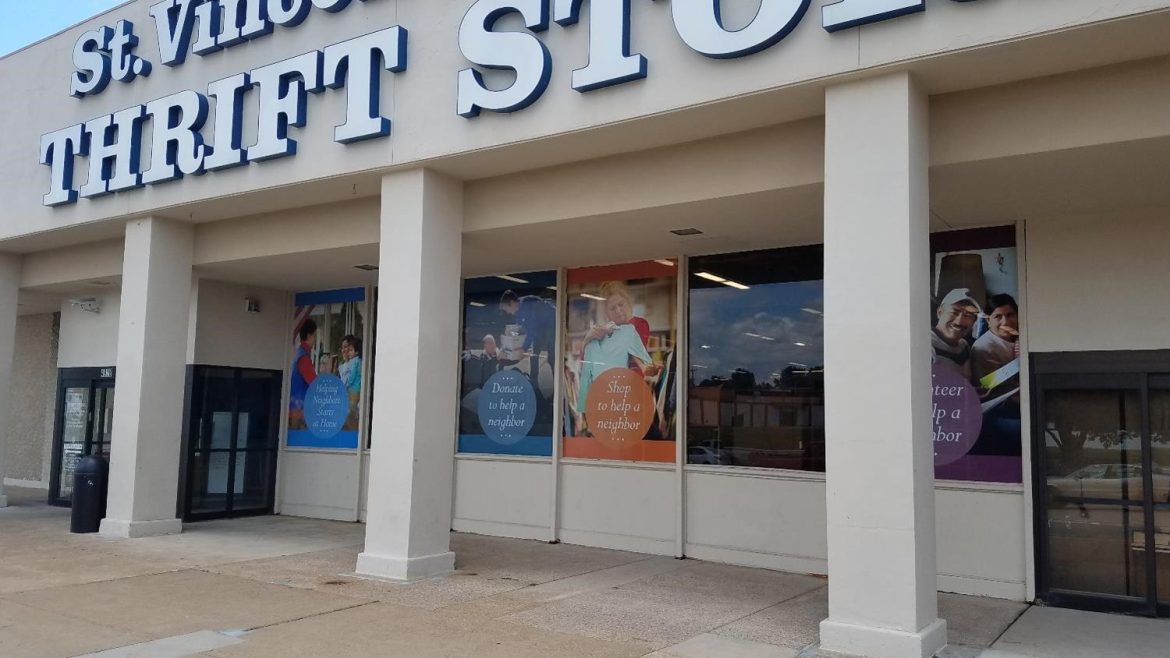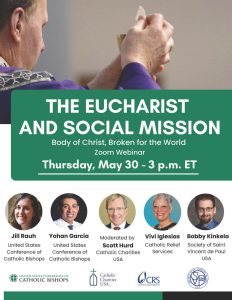By Phoenix Diocesan Council President Shirley Smalley
In August of 1833, Leon Le Prevost, a member of the first Conference who later went on to establish the Religious Order of St. Vincent de Paul, wrote: In this moment there is a great movement of charity and of faith…” The same could be said of our time and our place in this world. Although we are often distracted by negative forces, influences and movements, we must never lose sight of the hearts of our non-Vincentian brothers and sisters who like us long to help others. We witness that concern and compassion flow out of the actions of individuals, families, corporations, faith-based groups and civic organizations as they respond to natural disasters and other large-scale tragedies.
From the very early days of the Society, our founders understood the need to work collaboratively with the government and other organizations in order to better assist the poor and suffering. In December of 1833, the first Conference accepted the role of “Commissioners of Charity” for the administrators of the La Bienfaisance neighborhood. While our present-day Councils often enter into collaborative agreements and relationships, our local Conferences tend to function primarily in cooperation with other Conferences and Councils, seldom reaching out to other groups in their local area.
If Conferences are isolated and do not interact and cooperate with other local faith-based groups and charitable organizations, we are overlooking resources including potential volunteers who can assist us in providing assistance to our neighbors in need. By joining forces we not only increase our ability to help others but we also engage the community and provide others with the opportunity to be actively involved in helping those in need. Additionally, our outreach efforts help spread knowledge about the Society and our mission of charity and love.
On the Conference level, most collaborative relationships do not require a formal contract but more of a mutual understanding based on agreement in protocols and policies. Identifying groups in your area should be the starting point followed by outreach and relationship-building. Such relationships should start by sharing with the group’s leaders or members our history and mission, as well as letting them know how we currently serve those in need in our community.
The process must include a two-way conversation that provides us with an understanding of who they are and how they currently serve the community. Once that relationship is built, we can begin a conversation on how we can work together to benefit the needy, always keeping in mind that we can only function within the Rule of the Society. Just as we honor who they are and their procedures and guidelines, they must honor ours. For example, potential collaborative partners need to understand early on we cannot share funds with them or any project that our members are not involved in through person-to person contact with the poor.
When Frederic Ozanam helped to establish the Society, he envisioned a network of charity that would encompass the world. Vincentians are only part of that network. Our vocation calls us to reach out and serve beside other people of goodwill to help relieve poverty and injustice. By reaching out to them we can enhance the work of our Conferences and provide opportunities for them to join us in service to the least among us.
Such collaboration can make a huge difference. Ask yourself, “How can our Conference build relationships with other groups and churches?” With the help of others, we can do more and experience the love of Christ in those whom we serve and in those whom we serve beside.








